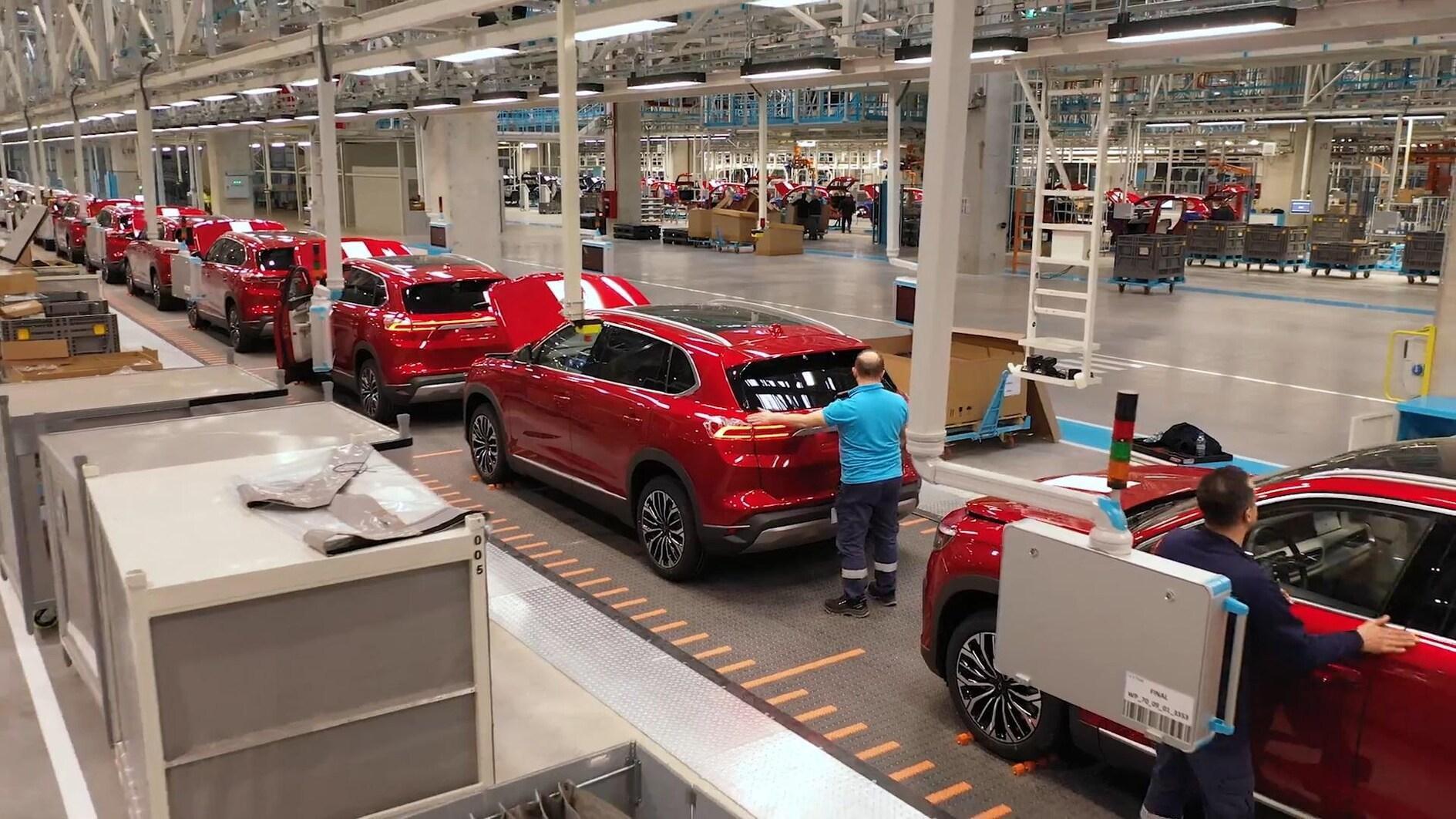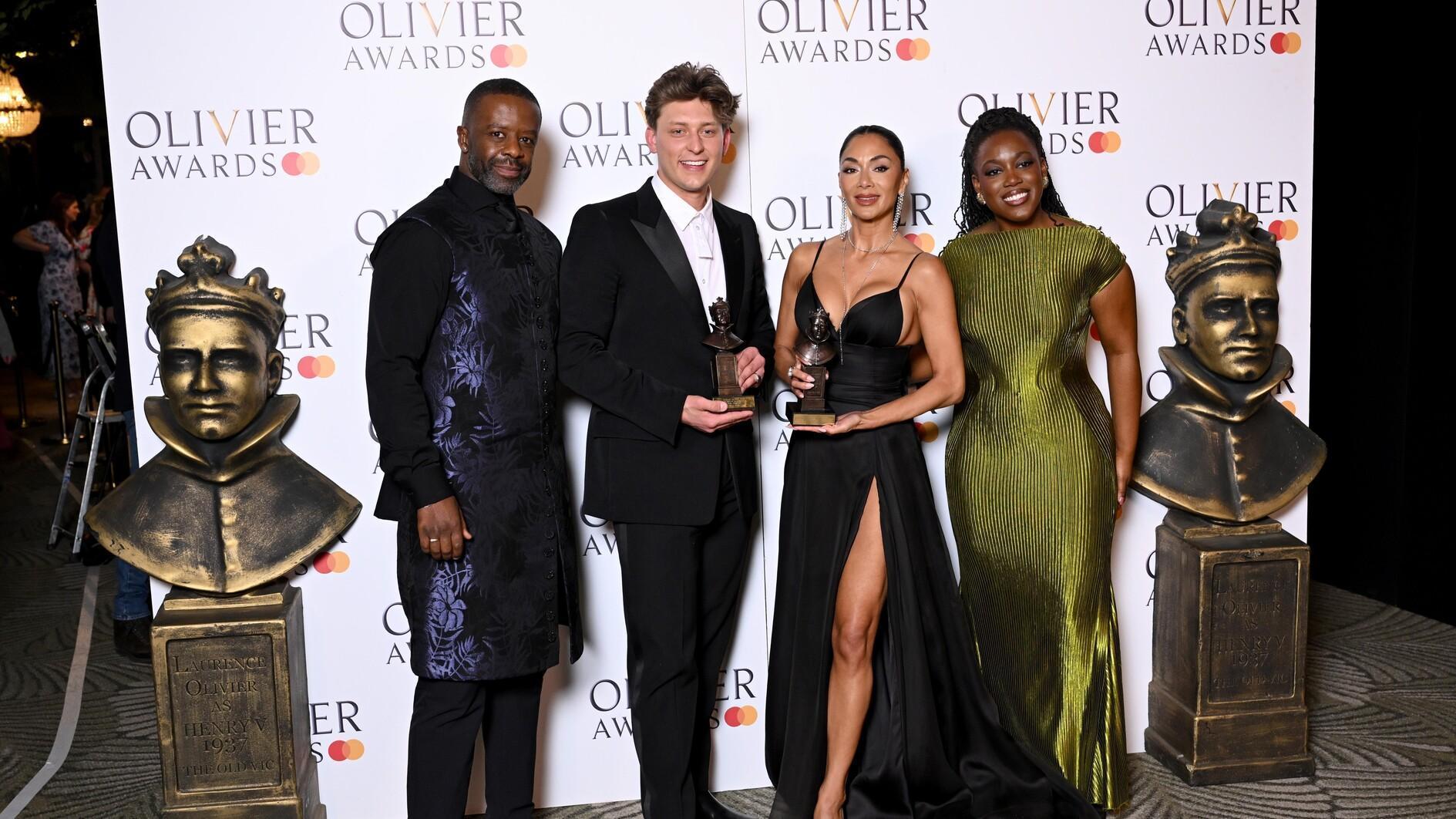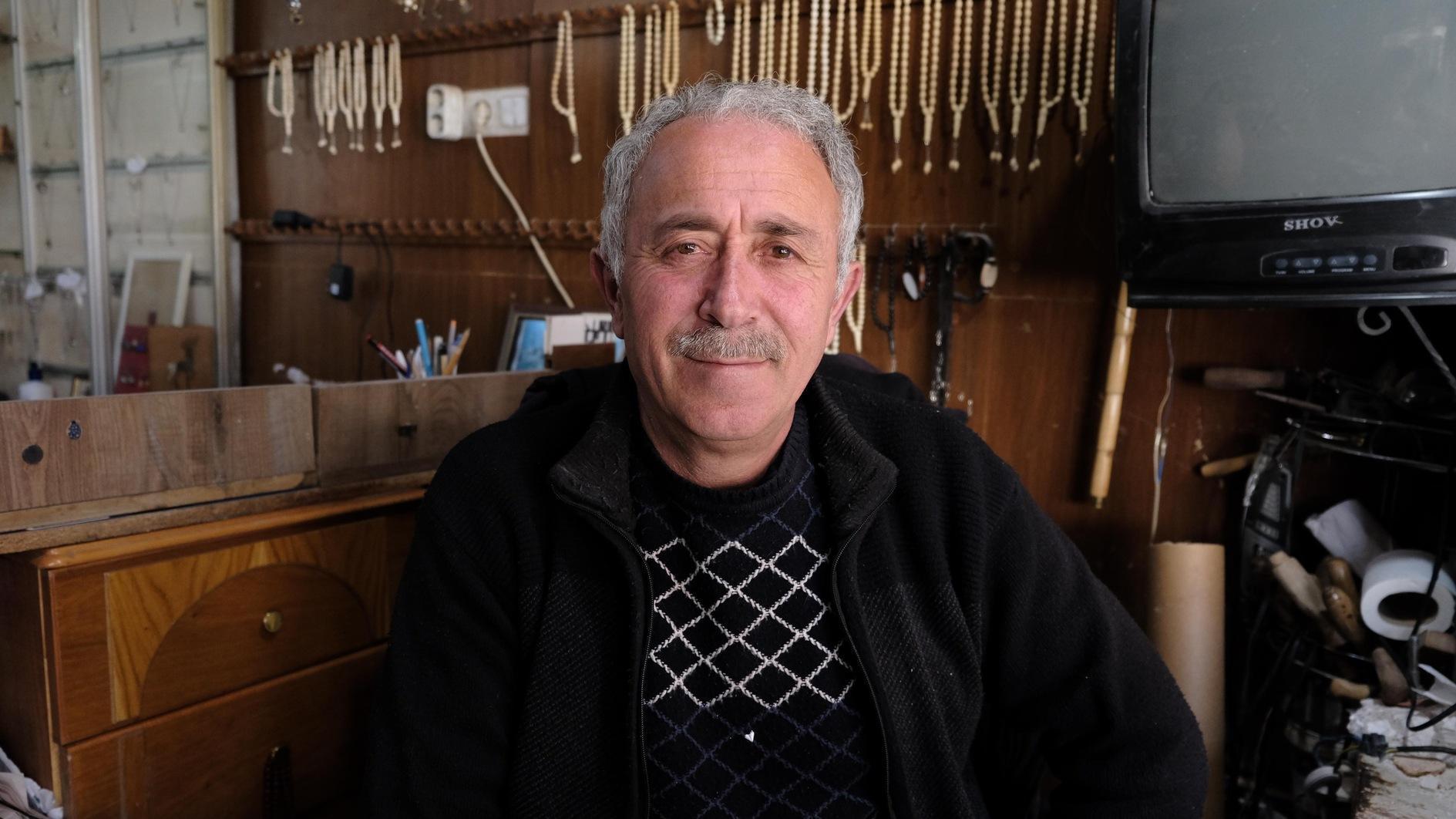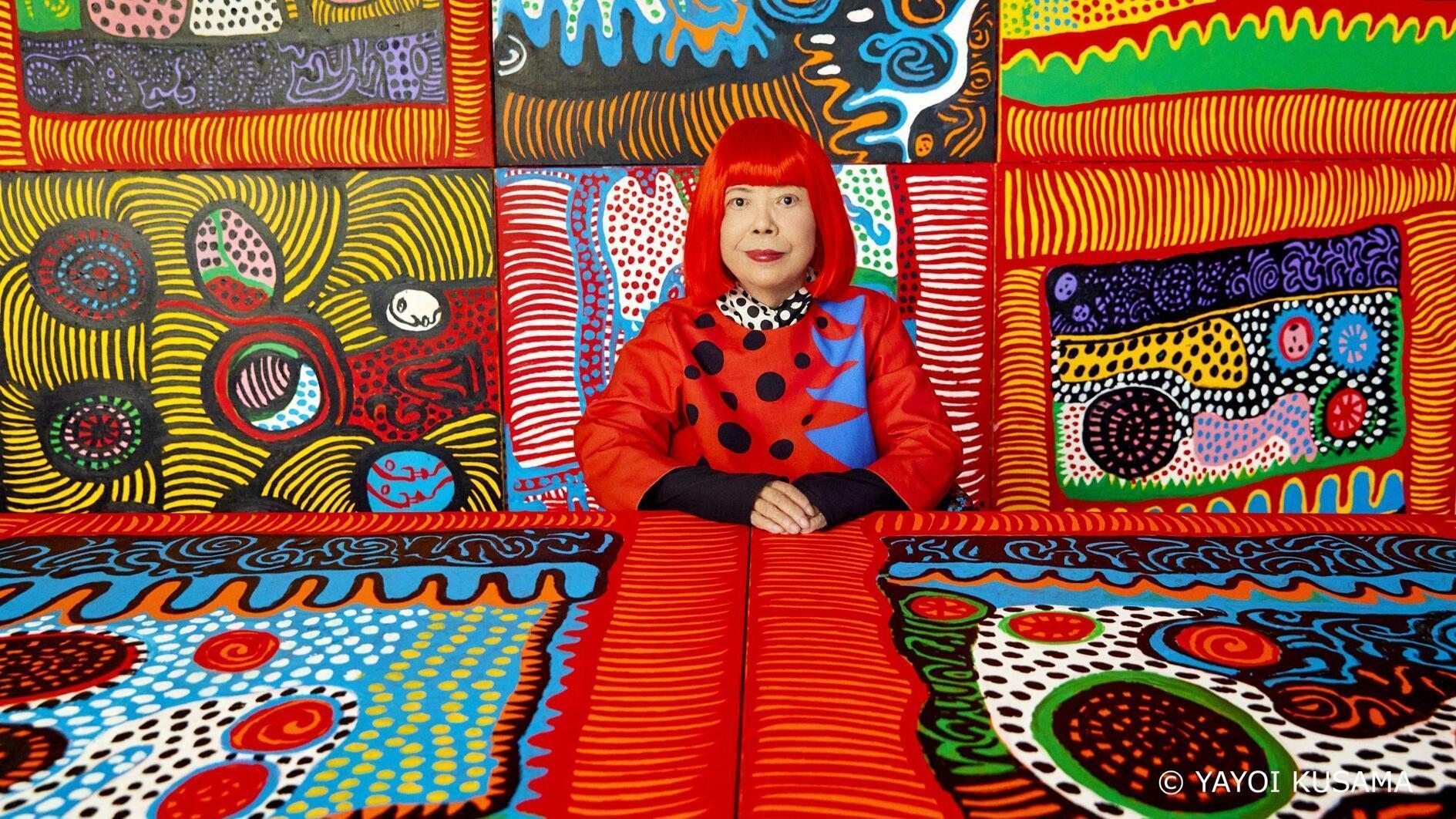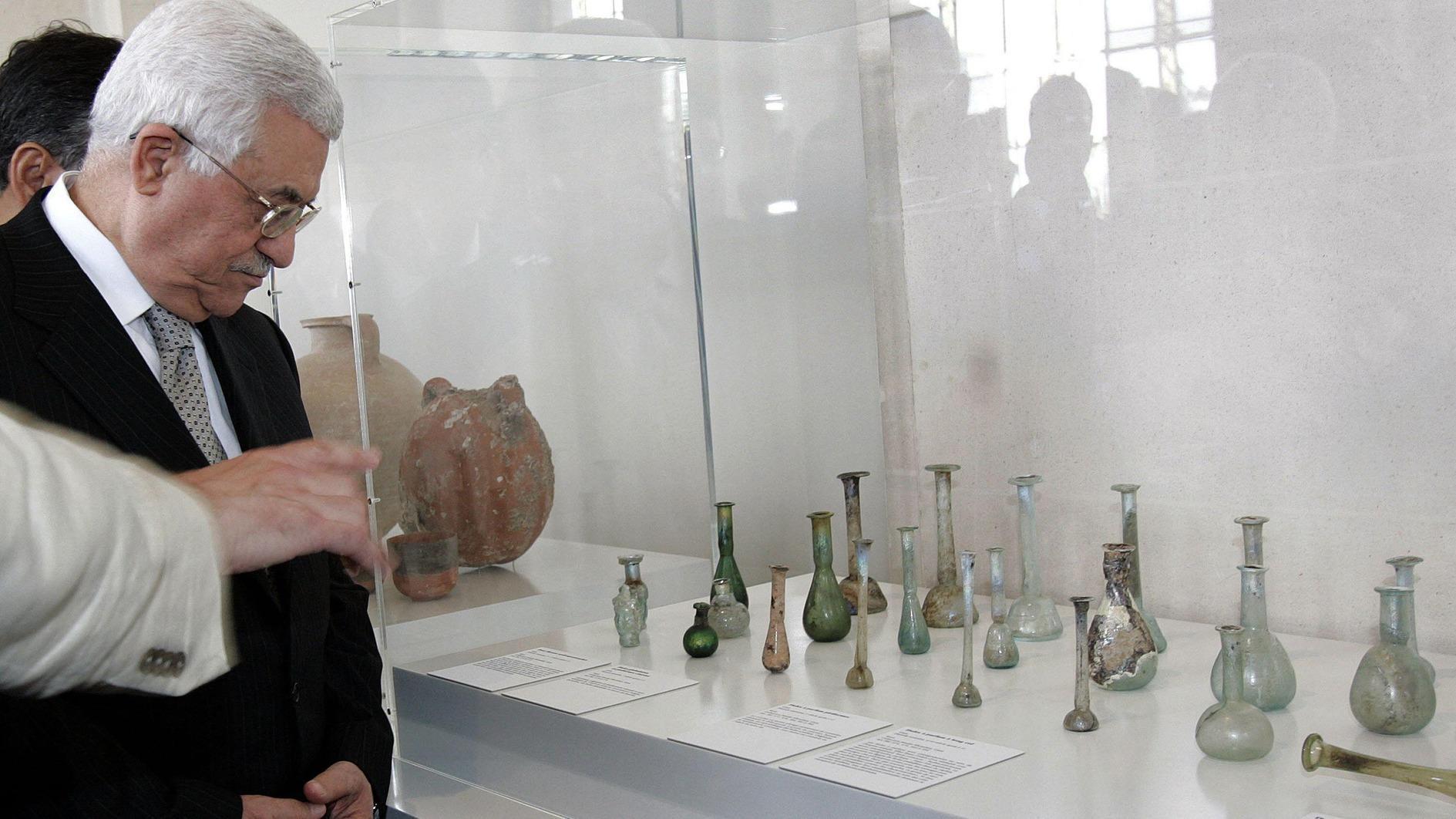The most complicated tender ever
The 20 billion-dollar tender for the Fatih (Movement for Enhancing Opportunities and Improving Technology) Project is proving to be the hardest tender to obtain any information on.
First of all, the tender documents are being sold for 100,000 dollars, many different tenders have been opened for the single goal by different ministries, the dates for tenders are always changing, the rules of the tenders are always changing, the companies cannot talk about the process and the government isn’t providing us with any real information.
This makes it a very cumbersome task to gain any serious insight on what’s going on. This tender process has once again proved the value of living and working in a transparent society. I hope that one day some government will also value it, as it would have been very beneficial if the process had been open and transparent from the beginning.
There have been three tenders as part of the project finalized in the last three years.
Türk Telekom won the first and for me the most important tender of all. They are going to build the backbone of the system. The second one won by General Mobile, it was for the pilot for the 8.9-inch tablets.
The third and most recent one was won by Vestel: Within the scope of the Education Ministry’s Fatih Project, the contract for the first tender, which was held on Nov. 23, 2011, regarding the purchasing and installation of “interactive boards” for 3,657 schools was signed between the Transport Ministry and Vestel Dijital Üretim Sanayi A.Ş., a 99.8 percent subsidiary of Vestel Elektronik Sanayi ve Ticaret A.Ş. on Jan. 9, 2012. The project’s total contract cost is 339,599,079 Turkish Liras for 84,921 interactive boards.
The real confusion started after that. There are going to be three more tenders. All of them have been postponed at least twice. Koç Sistem should have been the winner in one but the tender was cancelled. Almost the same thing happened with the road privatization, if you remember.
Then the news broke that the only system that could take part in the process was Android. Later open source added to the document. Then Apple executives came to talk to President Abdullah Gül; right after that Prime Minister Recep Tayyip Erdoğan went to the United States to talk to Microsoft and Google.
In the end, the tender was open to all. But we learned that some promises were given. Daily Sabah wrote that “Criticized for keeping their source codes confidential, Microsoft has now made a historical proposal in order to enter the bid for Turkey’s national education FATİH Project.” CEO Steve Ballmer made the suggestion personally during a meeting with Erdoğan last week in Silicon Valley, stating: “Include us in the tender and we’ll open up our source codes for you. For Microsoft to provide their programming codes to Turkey, [it] would mean that the nation would then be privy to the world’s most advanced software technology.”
I don’t know who wrote the piece so I cannot ask why Sabah declared Microsoft technology the “world’s most advanced software technology,” but it seemed that everybody was content with the promises given behind closed doors.
Later on, we learned that companies who didn’t participate in a tender worth a billion dollars in recent years would not be able to attend the Fatih tenders. This rule has left many Turkish ventures out.
Then we learned that the tender document specifies some percentages of Turkishness for the components of the devices. For example, the technology and the production of the screen should be 50 percent Turkish, the integrated circuits should be 70 percent Turkish.
I believe that these percentages were given to transfer know-how from U.S. companies to Turkish industry but I don’t think it will work.
There are so many other issues; I will continue in the coming weeks.



